Home>Dining>Tableware>How Do You Get The Foggy Film Off Your Crystal Glasses?
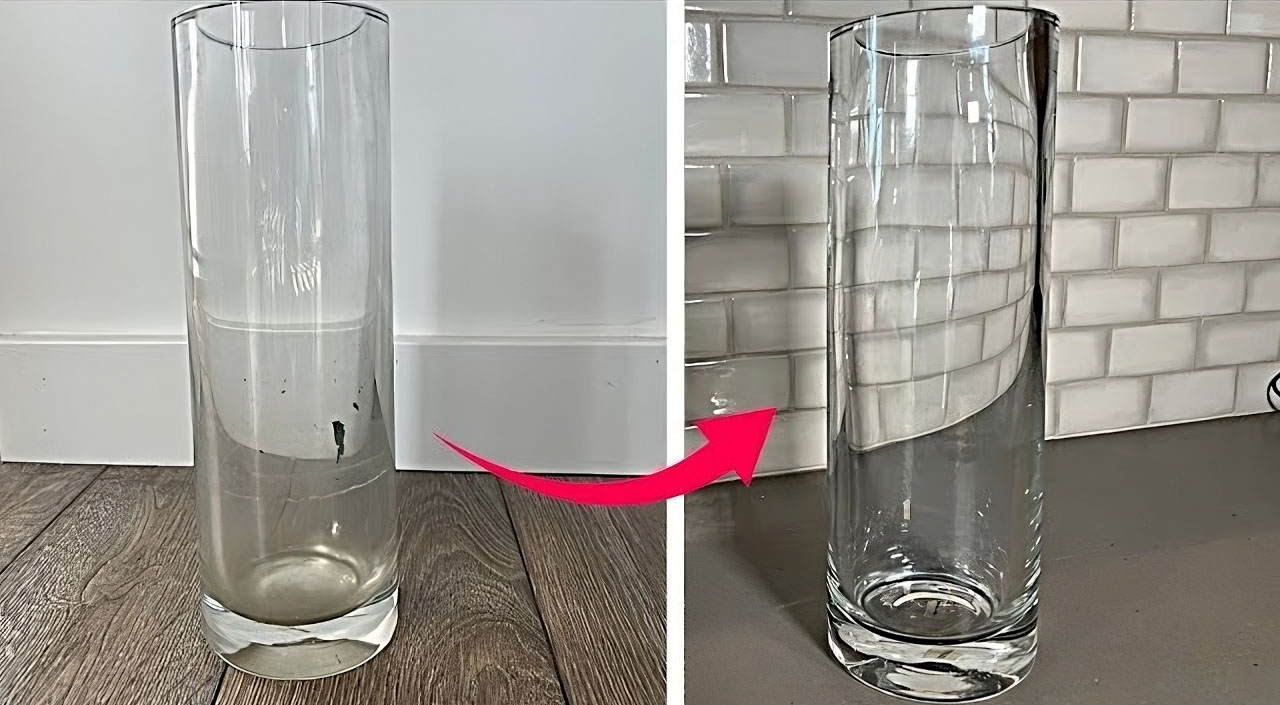

Tableware
How Do You Get The Foggy Film Off Your Crystal Glasses?
Modified: October 19, 2024
Learn how to remove the foggy film from your crystal glasses and keep your tableware looking sparkling and clear with these easy tips.
(Many of the links in this article redirect to a specific reviewed product. Your purchase of these products through affiliate links helps to generate commission for Storables.com, at no extra cost. Learn more)
Introduction
Crystal glasses are not just a functional item for serving drinks; they are also a symbol of elegance and sophistication. Whether you have inherited a set of heirloom crystal glasses or you have purchased them yourself, it can be disheartening to discover a cloudy or foggy film covering their surface. This film not only diminishes their aesthetics but also affects the way they reflect light and enhance the visual appeal of your tableware.
But fear not! In this article, we will explore the reasons behind the foggy film on crystal glasses and provide you with some effective methods to remove it. Additionally, we will share some preventive measures to keep your crystal glasses sparkling and pristine for years to come.
So, let’s dive in and learn how to get rid of that pesky foggy film, shall we?
Key Takeaways:
- Restore the brilliance of your crystal glasses by using natural cleaning methods such as vinegar soak, lemon juice scrub, and baking soda paste to remove the foggy film caused by hard water deposits, dishwasher residue, or chemical reactions.
- Prevent the formation of a foggy film on your crystal glasses by hand-washing with a soft cloth, using distilled water, and storing them properly to maintain their pristine clarity and elegance for years to come.
Read more: How Do You Get Wax Off Of Glass
Reasons for Foggy Film on Crystal Glasses
There are several reasons why your crystal glasses may develop a cloudy or foggy film over time. Understanding these reasons can help you tackle the issue effectively. Here are the most common culprits:
- Hard water deposits: Hard water contains minerals like calcium and magnesium, which can leave behind a hazy residue on your glassware. When the water evaporates, these minerals form a film on the surface of your crystal glasses.
- Dishwasher residue: If you regularly clean your crystal glasses in the dishwasher, it’s possible that the dishwasher detergent is leaving a residue on the glassware. This residue can contribute to the cloudiness and make your glasses look dull.
- Chemical reactions with detergents or soaps: Some detergents or soaps may not be compatible with crystal glasses, leading to chemical reactions that leave behind a film. This is especially true for products that contain alkaline substances.
Now that we know what causes the foggy film, let’s explore some effective methods to remove it and restore the brilliance of your crystal glasses.
Hard Water Deposits
Hard water deposits are one of the primary reasons for the foggy film on crystal glasses. These deposits occur when the minerals present in hard water, such as calcium and magnesium, react with the glass surface. Over time, this leads to the formation of a hazy residue.
To remove hard water deposits and restore the clarity of your crystal glasses, you can try the following methods:
- Vinegar soak: Fill a sink or container with equal parts white vinegar and water. Submerge the foggy glassware in the solution and let it soak for about 15-30 minutes. The acidic nature of vinegar helps dissolve the mineral deposits. After soaking, rinse the glasses thoroughly with water and dry them with a soft cloth.
- Lemon juice scrub: Cut a lemon in half and squeeze the juice into a bowl. Dip a soft cloth or sponge into the lemon juice and gently scrub the foggy areas of the glass. The citric acid in lemon juice acts as a natural cleaner and helps remove the hard water deposits. Rinse the glasses with water and dry them afterwards.
- Baking soda paste: Create a paste by mixing baking soda with water until it forms a thick consistency. Apply the paste to the foggy areas of the glass and gently scrub in circular motions using a soft cloth or sponge. Baking soda is an abrasive yet gentle cleaning agent that can help remove hard water deposits. Rinse the glasses with water and dry them thoroughly.
By using these methods, you can effectively tackle hard water deposits and restore the pristine shine of your crystal glasses. Remember to handle your glassware with care while cleaning to avoid any accidental damage. Now, let’s move on to the next culprit: dishwasher residue.
Dishwasher Residue
If you regularly clean your crystal glasses in the dishwasher, it’s possible that they may develop a foggy film due to the residue left behind by dishwasher detergents. The high heat and intense water pressure in dishwashers can sometimes cause the detergents to cling to the glassware, leaving a dull and cloudy appearance.
To tackle dishwasher residue and restore the clarity of your crystal glasses, consider the following methods:
- Hot water and dish soap soak: Fill your sink or a container with hot water and add a few drops of mild dish soap. Place the foggy glasses in the soapy water and let them soak for about 15-20 minutes. The warm water and gentle soap will help loosen and dissolve the residue. After soaking, rinse the glasses with water and dry them using a soft cloth.
- Vinegar rinse: After running your crystal glasses through the dishwasher, you can give them an extra rinse with vinegar. Fill a clean sink or a container with one part vinegar and three parts water. Submerge the glasses in the vinegar solution for a few minutes, then rinse them thoroughly with water and dry them with a soft cloth. The vinegar will help neutralize any remaining detergent residue.
- Commercial glass cleaner: If the foggy film persists, you can try using a commercial glass cleaner specifically designed for removing residues and restoring shine. Follow the instructions on the product label and use a soft cloth or sponge to apply the cleaner to the glassware. Rinse the glasses with water and dry them thoroughly afterwards.
By using these methods, you can effectively eliminate dishwasher residue and bring back the sparkling clarity of your crystal glasses. However, if the film persists or if you’re hesitant to use strong chemicals, you may opt for natural cleaning methods such as the vinegar or hot water and dish soap soak. Now let’s explore the last common culprit: chemical reactions with detergents or soaps.
Chemical Reactions with Detergents or Soaps
It’s important to note that not all detergents or soaps are suitable for cleaning crystal glasses. Some may contain alkaline substances or harsh chemicals that can react with the glass surface and leave behind a cloudy film. This is especially true if you use dishwashing products that are not specifically designed for delicate glassware.
If you suspect that the foggy film on your crystal glasses is a result of a chemical reaction, try the following methods to remove it:
- Vinegar soak: As mentioned earlier, vinegar has acidic properties that can help dissolve the film caused by chemical reactions. Fill a sink or container with equal parts white vinegar and water, and let the glasses soak in the solution for about 15-30 minutes. After soaking, rinse the glasses thoroughly with water and dry them with a soft cloth.
- Hot water and dish soap soak: Similar to the vinegar soak, you can use hot water and a few drops of mild dish soap to soak the foggy glassware. This helps remove any residual soap or detergent that may have caused the film. After soaking, rinse the glasses with water and dry them gently with a soft cloth.
- Commercial glass cleaner: If the film persists, consider using a commercial glass cleaner that is safe for crystal glasses. Look for a cleaner specifically designed to remove residue and restore shine without causing any damage. Follow the instructions on the product label and use a soft cloth or sponge to apply the cleaner. Rinse the glasses with water and dry them thoroughly
By using these methods, you can effectively tackle the film caused by chemical reactions and restore the pristine look of your crystal glasses. However, it’s always advisable to check the labels of your cleaning products and opt for those that are safe for delicate glassware.
Now that we have explored the reasons behind the foggy film on crystal glasses and learned how to remove it, let’s move on to some additional tips to prevent the film from reappearing and keep your glassware looking crystal clear.
Read more: How Do You Get Pepper Spray Off Your Skin
Common Methods to Remove Foggy Film from Crystal Glasses
When it comes to removing the foggy film from crystal glasses, there are several tried and tested methods that can help restore their clarity and brilliance. Here are some common methods you can try:
- Vinegar soak: Fill a sink or container with equal parts white vinegar and water. Submerge the foggy glassware in the solution and let it soak for about 15-30 minutes. The acidic nature of vinegar helps dissolve mineral deposits and break down residue. After soaking, rinse the glasses thoroughly with water and dry them with a soft cloth.
- Lemon juice scrub: Cut a lemon in half and squeeze the juice into a bowl. Dip a soft cloth or sponge into the lemon juice and gently scrub the foggy areas of the glass. The citric acid in lemon juice acts as a natural cleaner and can effectively remove cloudiness. Rinse the glasses with water and dry them afterwards.
- Baking soda paste: Create a paste by mixing baking soda with water until it forms a thick consistency. Apply the paste to the foggy areas of the glass and gently scrub in circular motions using a soft cloth or sponge. Baking soda is an abrasive yet gentle cleaning agent that can help remove deposits and restore clarity. Rinse the glasses with water and dry them thoroughly.
- Hot water and dish soap soak: Fill a sink or container with hot water and add a few drops of mild dish soap. Place the foggy glasses in the soapy water and let them soak for about 15-20 minutes. The warm water and gentle soap will help loosen and dissolve residue. After soaking, rinse the glasses with water and dry them using a soft cloth.
- Commercial glass cleaner: If the foggy film persists, you can try using a commercial glass cleaner specifically designed for removing residues and restoring shine. Follow the instructions on the product label and use a soft cloth or sponge to apply the cleaner to the glassware. Rinse the glasses with water and dry them thoroughly afterwards.
These methods have proven to be effective in removing the foggy film from crystal glasses. However, it’s important to handle your glassware with care and avoid abrasive materials that could scratch the surface. Always rinse the glasses thoroughly after cleaning to remove any residue, and dry them gently with a soft cloth to prevent water spots.
Now that you know how to remove the foggy film, let’s explore some additional tips to prevent it from occurring in the first place.
Vinegar Soak
Vinegar is a versatile and effective household product that can be used to remove the foggy film from crystal glasses. It contains acetic acid, which helps dissolve mineral deposits and break down residue on the glassware’s surface.
To utilize the vinegar soak method, follow these steps:
- Fill a sink or container with equal parts white vinegar and water. Make sure there is enough of the solution to fully submerge the foggy crystal glasses.
- Place the glasses in the vinegar solution and let them soak for about 15-30 minutes. This gives the vinegar enough time to work its magic and dissolve the mineral deposits causing the foggy film.
- After the soaking time, carefully remove the glasses from the solution and rinse them thoroughly with water. This step ensures that any residual vinegar or dissolved residue is removed from the glassware.
- Dry the glasses with a soft cloth to prevent water spots or streaks from forming. Take extra care when drying delicate crystal glasses to avoid any accidental breakage.
The acidic nature of vinegar makes it an effective cleaner for removing mineral deposits and residue. This method is especially useful for tackling hard water deposits, which can leave a cloudy film on crystal glasses. However, it is important to note that excessive use of vinegar may etch the glassware over time, so it is recommended to use this method sparingly.
Vinegar is a readily available and affordable solution for removing the foggy film. Not only does it effectively clean and restore the clarity of your crystal glasses, but it is also a natural and non-toxic option compared to some commercial cleaners that may contain harsh chemicals.
Now that you are familiar with the vinegar soak method, you can confidently tackle the foggy film on your crystal glasses. But don’t stop here! There are several other methods you can try to achieve crystal clear perfection. Next, let’s explore the lemon juice scrub method.
Lemon Juice Scrub
Lemons are not only a flavorful addition to your favorite dishes, but they can also be used as a natural cleaning agent to remove the foggy film from crystal glasses. The citric acid present in lemon juice acts as a gentle yet effective cleaner, cutting through residue and restoring the glassware’s sparkle.
To utilize the lemon juice scrub method, follow these steps:
- Cut a fresh lemon in half and squeeze the juice into a bowl. Ensure that the lemon is ripe and juicy for maximum effectiveness.
- Dip a soft cloth or sponge into the lemon juice and gently scrub the foggy areas of the crystal glasses. The citric acid will work to break down any mineral deposits or residue that are causing the film.
- Continue scrubbing until you notice the foggy film starting to disappear. You may need to apply a bit of pressure, but be careful not to scrub too vigorously to avoid damaging the glassware.
- Rinse the glasses thoroughly with water to remove any lemon juice residue or dissolved film.
- Dry the glasses with a soft cloth to prevent water spots or streaks from forming. Take care to handle the delicate crystal glasses gently during the drying process.
The natural acidity of lemon juice makes it an excellent choice for removing the foggy film on crystal glasses. Not only does it effectively tackle residue and mineral deposits, but it also leaves a fresh and pleasant scent on the glassware.
It’s worth noting that the lemon juice scrub method is best suited for mild to moderate cases of foggy film. For more stubborn or severe cases, you may need to combine the lemon juice scrub with other cleaning methods or try alternatives such as vinegar or baking soda.
Now that you know how to use lemon juice as a natural cleaning agent, you can confidently restore the brilliance of your crystal glasses. Next, let’s move on to another effective method: the baking soda paste.
To remove foggy film from crystal glasses, mix equal parts white vinegar and water in a bowl. Soak the glasses in the solution for a few minutes, then gently scrub with a soft cloth or sponge. Rinse thoroughly and dry with a clean towel for sparkling crystal glasses.
Baking Soda Paste
Baking soda, also known as sodium bicarbonate, is a versatile household staple that can be used for a wide range of cleaning purposes. Its mildly abrasive nature makes it an effective cleaner for removing the foggy film from crystal glasses without causing any damage to the delicate surfaces.
To utilize the baking soda paste method, follow these steps:
- In a small bowl, mix baking soda with water until a thick paste is formed. The consistency should be similar to that of toothpaste.
- Apply the baking soda paste to the foggy areas of the crystal glasses using a soft cloth or sponge. Gently scrub the glass in circular motions, focusing on the areas with the most visible film.
- Rinse the glasses thoroughly with water to remove any residue from the baking soda paste.
- Dry the glasses with a soft cloth to prevent water spots or streaks from forming. Take care not to apply too much pressure while drying to avoid any accidental breakage.
The mild abrasive nature of baking soda helps to remove stubborn residue and mineral deposits, effectively restoring the clarity of your crystal glasses. It’s a safe and natural alternative to harsh chemical cleaners, making it a preferred method for cleaning delicate glassware.
While the baking soda paste is generally safe to use on crystal glasses, it’s still important to exercise caution and avoid scrubbing too vigorously. This will help preserve the integrity of the glass and prevent any accidental scratching or damage.
Baking soda is a readily available and cost-effective cleaning agent that can be used in various applications around the house. Its versatility and effectiveness make it a popular choice for tackling the foggy film on crystal glasses.
Now that you understand how to make and use a baking soda paste, you can confidently remove the foggy film from your crystal glasses and restore their natural brilliance. Next, let’s explore another effective method: the hot water and dish soap soak.
Read more: How To Clean Foggy Glass
Hot Water and Dish Soap Soak
A hot water and dish soap soak is a gentle yet effective method for removing the foggy film from crystal glasses. By combining hot water with a mild dish soap, you can effectively dissolve residue and mineral deposits, restoring the glassware’s clarity and shine.
To utilize the hot water and dish soap soak method, follow these steps:
- Fill a sink or container with hot water. Make sure the water is hot but not boiling, as extreme temperatures can potentially damage the glassware.
- Add a few drops of mild dish soap to the hot water. Ensure that the dish soap is free of harsh chemicals and designed for delicate glassware.
- Place the foggy crystal glasses in the soapy water, making sure they are fully submerged.
- Allow the glasses to soak in the hot water and dish soap solution for about 15-20 minutes. During this time, the warm water will help loosen the residue, while the dish soap will help dissolve it.
- After the soaking period, carefully remove the glasses from the solution and rinse them thoroughly with water to remove any soap residue.
- Dry the glasses using a soft cloth, ensuring that no moisture remains on the surface to prevent water spots.
The combination of hot water and dish soap creates an effective cleaning solution that helps to break down residue and mineral deposits on crystal glasses. The heat from the water aids in loosening the film, while the gentle action of the dish soap helps to dissolve it.
This method is particularly suitable for glassware that is not heavily soiled or stained. It’s a gentle yet effective option that can be used regularly to maintain the clarity and shine of your crystal glasses.
Make sure to use a mild dish soap specifically formulated for delicate glassware to avoid any potential damage. Additionally, handle the glassware with care during the soaking and drying process to prevent any accidental breakage.
Now that you are familiar with the hot water and dish soap soak method, you can confidently restore the brilliance of your crystal glasses. Next, let’s explore another common method: using a commercial glass cleaner.
Commercial Glass Cleaner
If the foggy film on your crystal glasses persists despite trying natural cleaning methods, you may want to consider using a commercial glass cleaner specifically designed for removing residues and restoring shine. These cleaners are formulated with specialized ingredients that effectively dissolve and remove the film, leaving your glassware crystal clear.
To use a commercial glass cleaner, follow these steps:
- Choose a commercial glass cleaner that is safe for use on delicate glassware and follow the instructions on the product label.
- Apply the glass cleaner to the foggy areas of the crystal glasses, either by spraying directly on the glass or by using a soft cloth or sponge.
- Gently scrub the glassware, focusing on the areas with the most visible film. Follow any specific instructions provided by the manufacturer regarding scrubbing techniques and duration.
- Thoroughly rinse the glasses with water to remove any residual cleaner and dissolved film.
- Dry the glasses using a soft cloth or allow them to air dry. Make sure to completely dry the glasses to prevent water spots or streaks.
Commercial glass cleaners are formulated to tackle various types of residue, including hard water deposits, detergent build-up, and chemical reactions. They are designed to be effective yet gentle on glass surfaces, ensuring that your crystal glasses remain in pristine condition.
When using a commercial glass cleaner, it’s important to carefully read and follow the instructions provided by the manufacturer. This will ensure that you use the cleaner correctly and achieve the best results without damaging the glassware.
Commercial glass cleaners offer convenience and can be a quick solution for stubborn foggy film. However, it’s always advisable to have proper ventilation when using these cleaners and to store them away from children and pets.
Now that you are familiar with using a commercial glass cleaner, you have an additional option to effectively remove the foggy film from your crystal glasses. Let’s move on to some additional tips to prevent the formation of the film and keep your glassware looking its best.
Additional Tips to Prevent Foggy Film on Crystal Glasses
Prevention is key when it comes to keeping your crystal glasses free from a foggy film. By following these additional tips, you can minimize the chances of residue and deposits forming on your glassware, ensuring that they stay clear and sparkling:
- Hand-washing with a soft cloth: When cleaning your crystal glasses, opt for hand-washing instead of using the dishwasher. Gently wash each glass individually using a soft cloth or sponge to prevent any abrasive contact with the glass surface.
- Use distilled water: Consider using distilled water for cleaning and rinsing your crystal glasses. Distilled water is free from minerals and impurities, reducing the chances of residue and deposits forming on the glassware. If using tap water, try to ensure it is not excessively hard water.
- Proper storage: Store your crystal glasses in a clean and dry cabinet, away from dust and moisture. Use individual cloth or paper wraps to protect each glass from potential scratches or friction that can occur when they touch one another.
- Regular cleaning: Clean your crystal glasses regularly to prevent any buildup of residue. Even if they appear to be clean, a regular gentle wash can help remove any invisible film that may have formed. This is especially important if you frequently use the glasses for serving beverages or if they are exposed to smoke or cooking fumes.
- Avoid direct contact with harsh chemicals: Be cautious when using cleaning products near your crystal glasses. Avoid spraying or allowing direct contact between the glassware and harsh chemicals such as bleach or ammonia, as they can react with the surface and cause damage or cloudiness.
By following these additional preventive tips, you can maintain the pristine clarity and brilliance of your crystal glasses over time. Regular cleaning, proper storage, and minimal exposure to harsh chemicals will go a long way in preventing the formation of a foggy film.
Remember, prevention is always easier than dealing with the residue afterwards. Taking a little extra care with your crystal glasses will help ensure that they remain a stunning and elegant addition to your tableware collection.
Now that you have learned effective methods to remove and prevent the foggy film on crystal glasses, you can confidently enjoy your beverages in beautifully clear and sparkling glassware.
Keep these tips in mind, take the necessary steps to care for your crystal glasses, and enjoy the timeless elegance they bring to your tabletop.
Hand-washing with Soft Cloth
When it comes to keeping your crystal glasses in pristine condition and preventing the formation of a foggy film, hand-washing with a soft cloth is a highly recommended method. By opting for hand-washing over using the dishwasher, you can ensure that your glassware receives delicate care and avoids any potential damage or residue buildup.
To hand-wash your crystal glasses with a soft cloth, follow these steps:
- Fill a basin or sink with warm water. Make sure the water is not too hot, as extreme temperatures can be harmful to the glass.
- Add a small amount of gentle dish soap to the water and mix it well to create a soapy solution. Be sure to choose a mild dish soap that is safe for delicate glassware.
- Gently place the crystal glasses one by one into the soapy water, making sure to handle them with care to avoid any accidental bumps or scratches.
- Using a soft cloth or sponge, lightly scrub the surface of the glasses, paying extra attention to any areas with visible residue or cloudiness.
- Rinse each glass thoroughly with clean water to remove any soapy residue, ensuring that all traces of the dish soap are eliminated.
- To dry the glasses, use a soft, lint-free cloth. Gently wipe the surface of each glass to remove excess water, taking care to dry both the inside and outside.
- If desired, polish the glasses with a microfiber cloth to restore their natural shine and remove any remaining water spots.
- Once the glasses are completely dry, store them in a clean and dry cabinet or display them proudly on your table for their next use.
Hand-washing your crystal glasses with a soft cloth not only helps remove any residue or film that may have accumulated but also allows you to give each glass individual attention. The soft cloth ensures a gentle touch, avoiding any abrasive contact that could potentially damage the glassware.
By hand-washing your crystal glasses, you have full control over the cleaning process and can ensure they receive the careful treatment they deserve. This method is particularly beneficial for delicate patterns or decorations on the glassware, as it minimizes the risk of any damage occurring during cleaning.
Remember to always handle your crystal glasses with care and avoid using harsh scrub brushes or abrasive materials. With regular hand-washing, your crystal glasses will maintain their clarity and elegance, ensuring many memorable dining experiences for years to come.
Now that you know how to hand-wash your crystal glasses with a soft cloth, you can enjoy the process of caring for your glassware and keeping it free from foggy film. Let your crystal glasses shine and elevate your dining experience with their timeless beauty.
Read more: How To Clean Fireplace Glass Foggy
Using Distilled Water
When it comes to preventing the formation of a foggy film on your crystal glasses, the type of water you use for cleaning and rinsing plays a crucial role. Using distilled water can be a game-changer in maintaining the pristine clarity and brilliance of your glassware.
Here’s how you can effectively use distilled water to prevent a foggy film on your crystal glasses:
- Start by obtaining distilled water, which is free from minerals and impurities that can contribute to the formation of a cloudy residue on glass surfaces. You can purchase distilled water from a store or even make it yourself using a distillation process.
- Fill a basin or sink with distilled water. Make sure there is enough water to fully immerse your crystal glasses during the cleaning and rinsing process.
- Place your foggy crystal glasses into the basin or sink, ensuring that they are fully submerged in the distilled water.
- Gently swirl the glasses in the distilled water, allowing the water to wash away any accumulated residue or deposits on the glass surface.
- After the glasses have been thoroughly cleaned, carefully lift them out of the distilled water and rinse them with fresh distilled water to remove any remaining residue or soap.
- To dry the glasses, use a soft, lint-free cloth and gently wipe the surface of each glass, ensuring that no water spots or streaks remain.
- Once the glasses are completely dry, store them in a clean and dry cabinet or proudly display them for your next special occasion.
Using distilled water for cleaning and rinsing is highly beneficial for crystal glasses because it eliminates the presence of minerals and impurities that can contribute to the formation of a foggy film. Tap water, especially if it is hard water, can leave behind mineral deposits when it evaporates, resulting in a cloudy residue on the glassware.
Distilled water ensures a clean and clear rinse, leaving your crystal glasses sparkling and free from any unwanted film. It helps to maintain their pristine beauty and prolongs their lifespan.
Additionally, by using distilled water, you minimize the risk of any new deposits forming on the glassware over time. This is especially important if you live in an area with hard water, as regular tap water can contain high levels of minerals that can accumulate on the glass surface.
With the use of distilled water, you can enjoy the unobstructed brilliance and elegance of your crystal glasses, ensuring that every sip is a true reflection of their refined beauty.
Now that you know the benefits of using distilled water, incorporate this valuable tip into your glassware care routine and experience the difference it makes in keeping your crystal glasses crystal clear and free from foggy film.
Proper Storage
Properly storing your crystal glasses is a key factor in preventing the formation of a foggy film and maintaining their pristine condition. By taking the time to store your glassware correctly, you can ensure that they remain clear, shiny, and ready to impress your guests for years to come.
Here are some essential tips for proper storage of your crystal glasses:
- Choose a clean and dry environment: Select a storage area that is free from dust, moisture, and excessive heat. Avoid storing your crystal glasses in a basement or attic where they are susceptible to fluctuating temperatures and high humidity.
- Use individual cloth or paper wraps: To protect your crystal glasses from potential scratches or friction, individually wrap each glass in soft cloth or acid-free paper. This prevents them from touching each other and reduces the risk of accidental breakage.
- Avoid overcrowding: Ensure that there is enough space between each glass when storing them to prevent any rubbing, clinking, or pressure that can cause damage. Overcrowded storage can lead to scratches or chips on the delicate glass surface.
- Consider using storage racks or dividers: If you have a large collection of crystal glasses, using storage racks or dividers can help keep them organized and separated. These racks or dividers provide added stability and prevent glassware from coming into contact with each other.
- Keep away from direct sunlight: Prolonged exposure to direct sunlight can cause the glass to become discolored or develop a cloudy appearance. Place your crystal glasses in a storage area away from windows or use curtains or blinds to protect them from harmful UV rays.
- Regularly clean before storing: Before storing your crystal glasses, make sure they are thoroughly cleaned and completely dry. Any residue or moisture left on the glassware can contribute to the formation of a foggy film over time.
By following these proper storage practices, you can ensure that your crystal glasses remain in optimal condition and are always ready to dazzle your guests. The extra effort put into storing them appropriately pays off in the long run, preserving their beauty and extending their lifespan.
Proper storage not only prevents the formation of a foggy film but also reduces the chances of accidental damage due to mishandling or improper stacking. By treating your crystal glasses with care, you can enjoy their timeless elegance for many memorable occasions.
Now that you know how to store your crystal glasses properly, implement these guidelines in your glassware storage routine and let their radiance shine through every time you bring them out to impress your family and friends.
Conclusion
Crystal glasses are not just functional vessels for serving your favorite beverages; they are a symbol of elegance and sophistication. However, over time, they may develop a foggy film that dulls their shine and diminishes their beauty. Fortunately, there are effective methods to remove this film and prevent it from reoccurring.
We explored various reasons for the foggy film, such as hard water deposits, dishwasher residue, and chemical reactions with detergents or soaps. Understanding these culprits can help you choose the appropriate cleaning method for your specific situation.
Common methods for removing the foggy film include vinegar soak, lemon juice scrub, baking soda paste, hot water and dish soap soak, and using a commercial glass cleaner. Each method offers its unique benefits and is suitable for different levels of film buildup.
In addition to removing the film, we discussed the importance of preventive measures. Hand-washing crystal glasses with a soft cloth, using distilled water, and proper storage can significantly reduce the chances of a foggy film forming in the first place.
By taking the time to care for your crystal glasses and utilizing the appropriate cleaning and preventive methods, you can ensure that they remain clear, sparkling, and a beautiful addition to your tableware collection.
Remember to handle your glassware with care, avoiding harsh scrubbing or exposure to damaging chemicals. Regular cleaning and proper storage will help maintain the brilliance and elegance of your crystal glasses, ensuring that every sip you take is a pure indulgence.
Now armed with this knowledge, you can confidently restore the clarity of your crystal glasses and keep them looking stunning for years to come. Cheers to impeccable tableware and unforgettable dining experiences!
Frequently Asked Questions about How Do You Get The Foggy Film Off Your Crystal Glasses?
Was this page helpful?
At Storables.com, we guarantee accurate and reliable information. Our content, validated by Expert Board Contributors, is crafted following stringent Editorial Policies. We're committed to providing you with well-researched, expert-backed insights for all your informational needs.
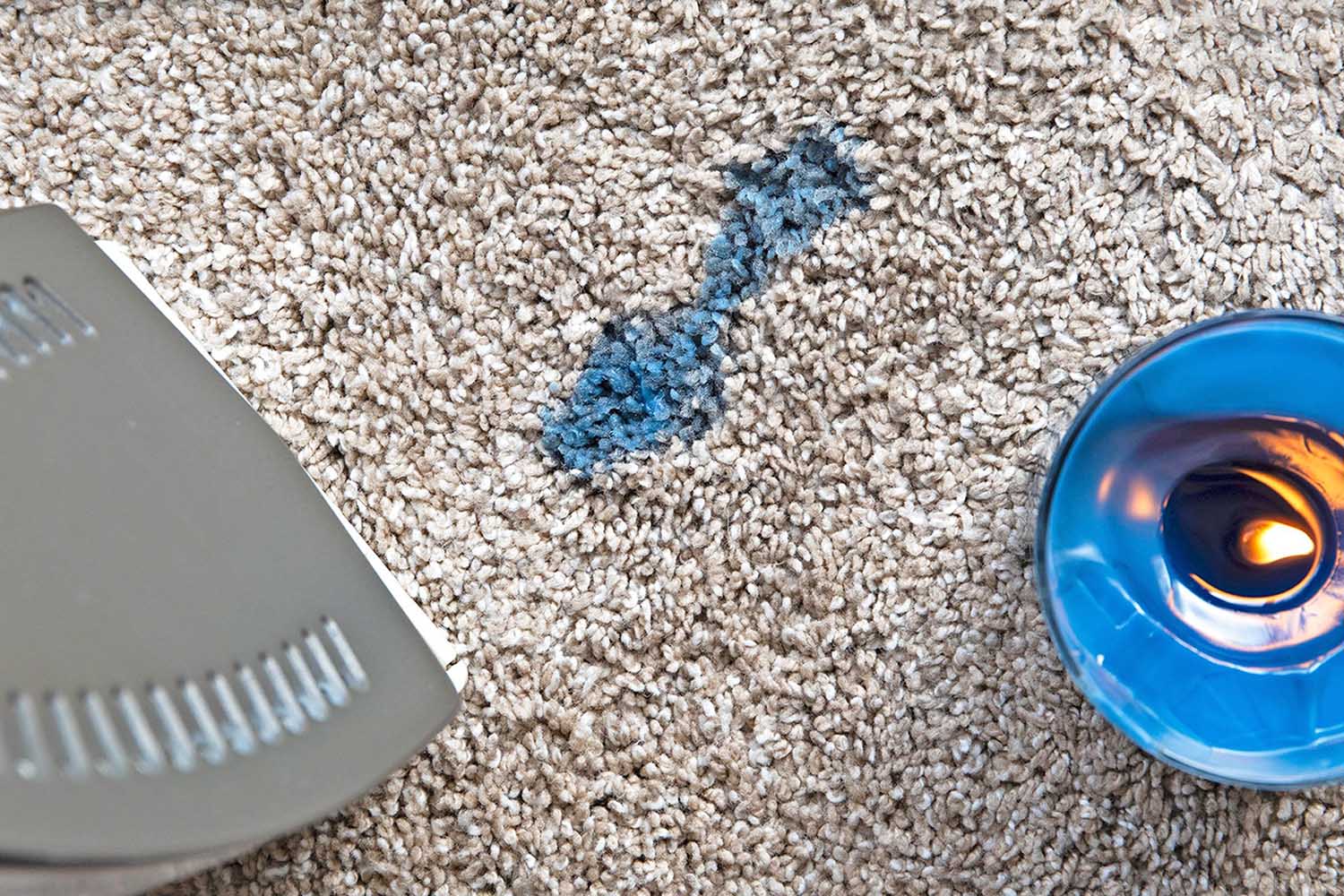
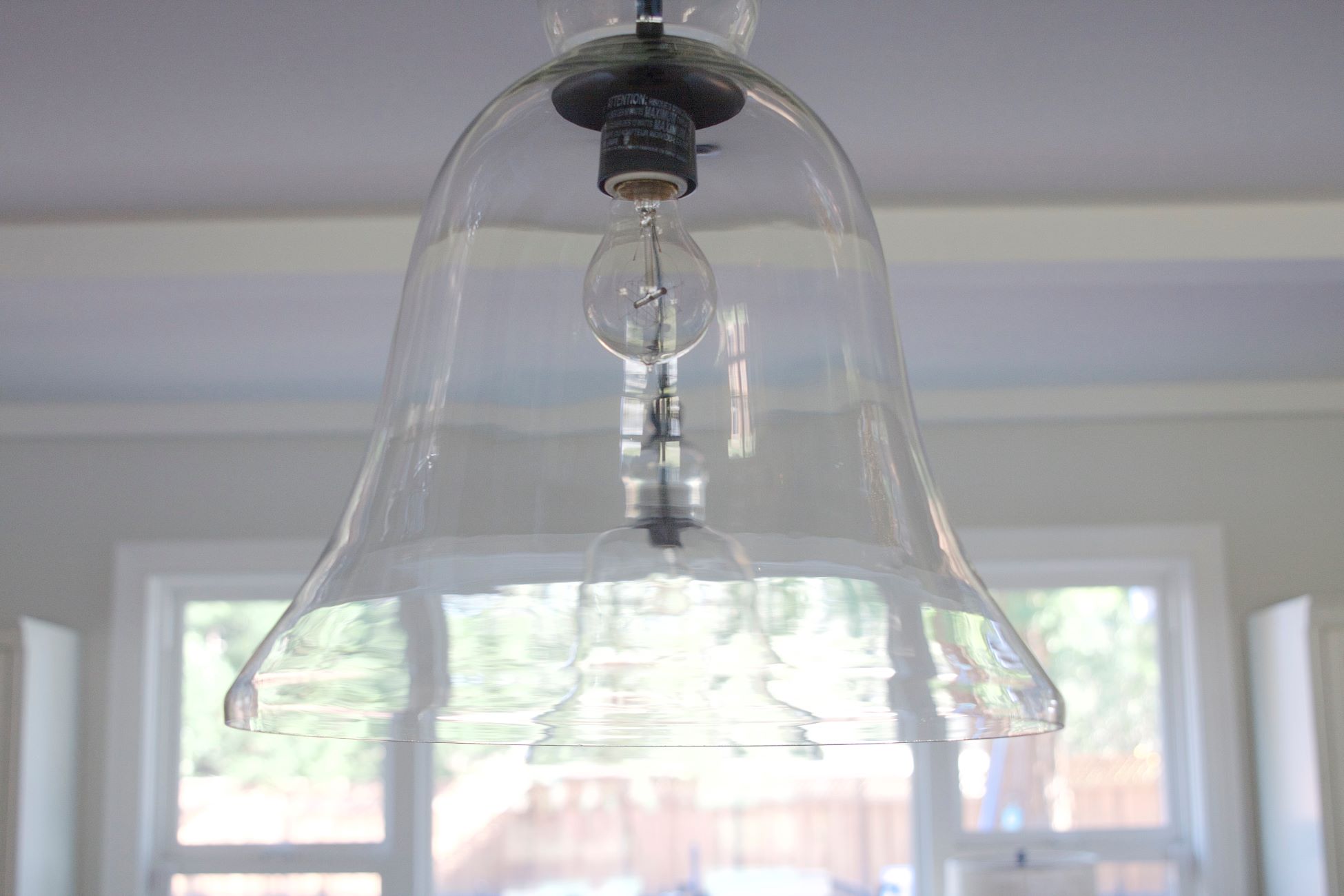
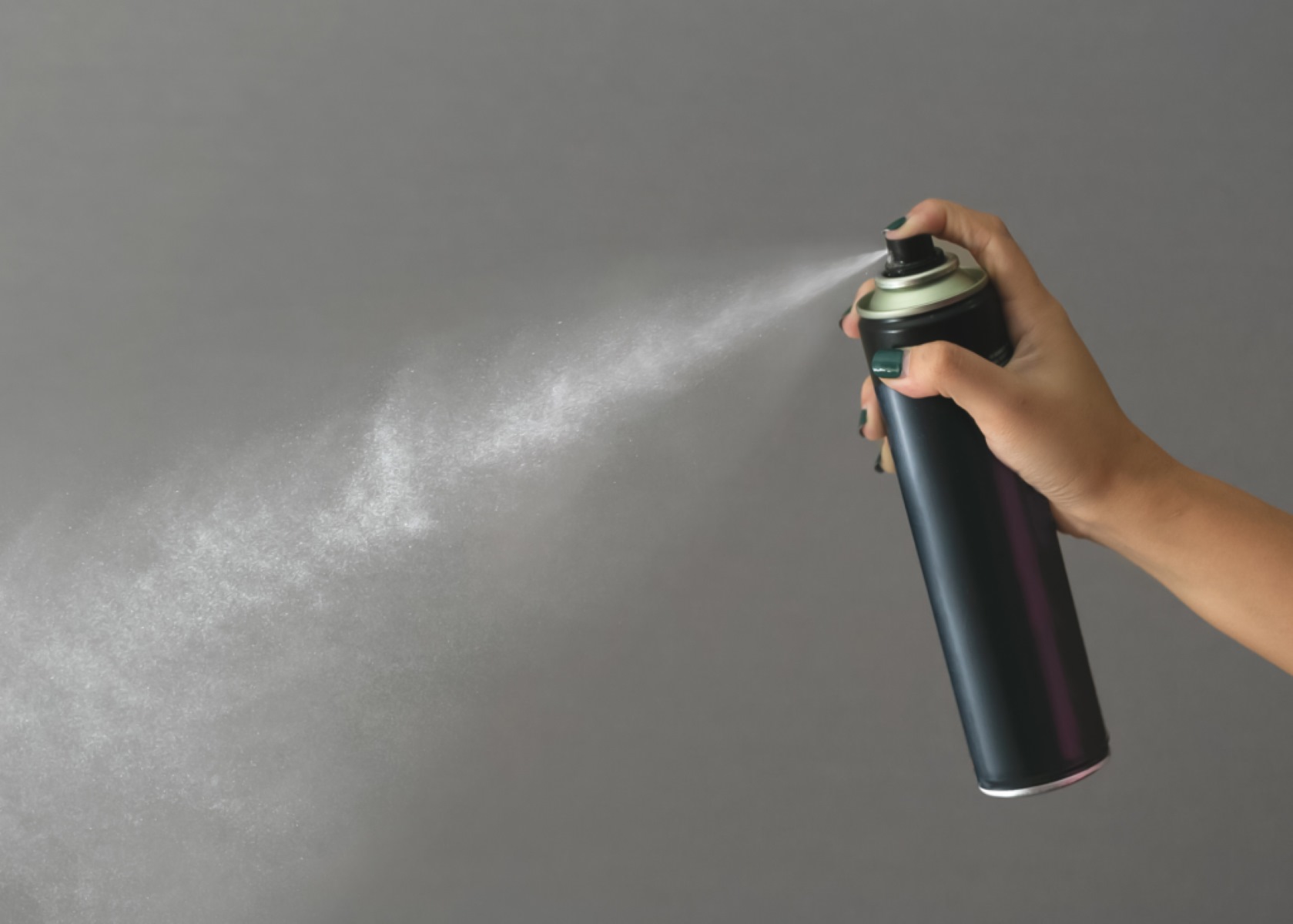
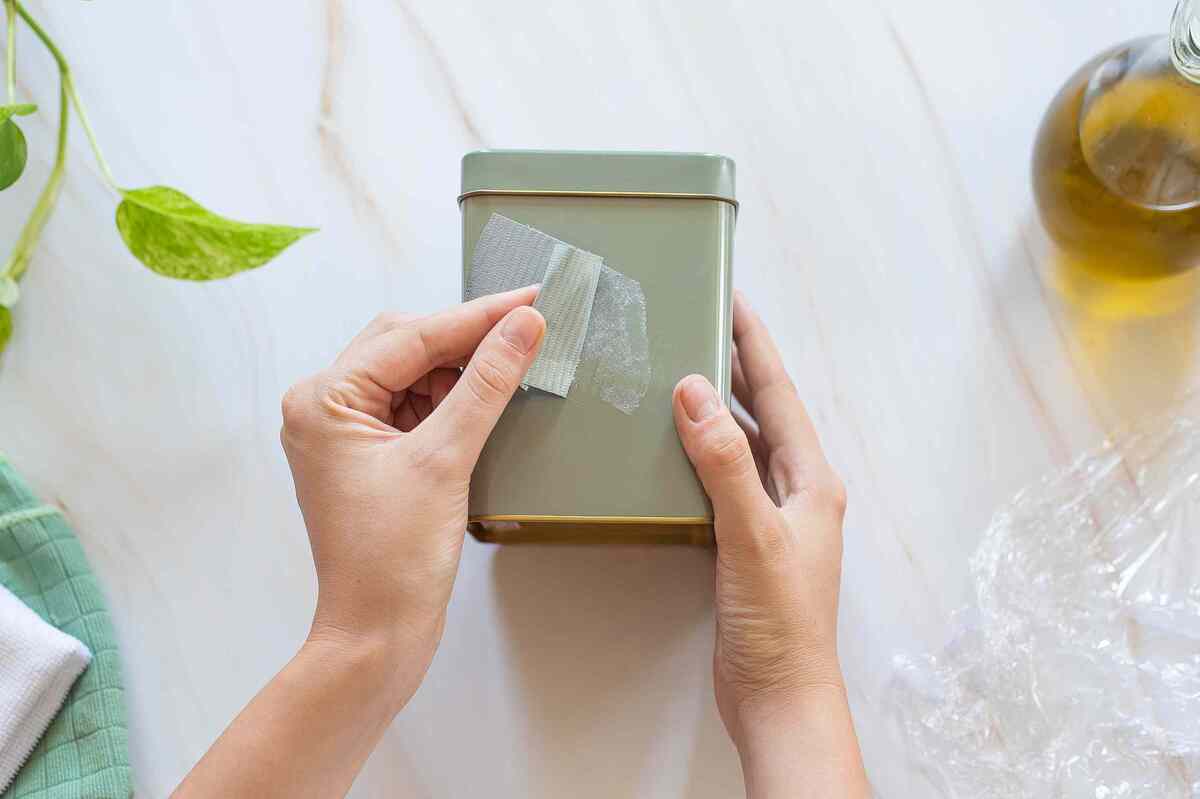
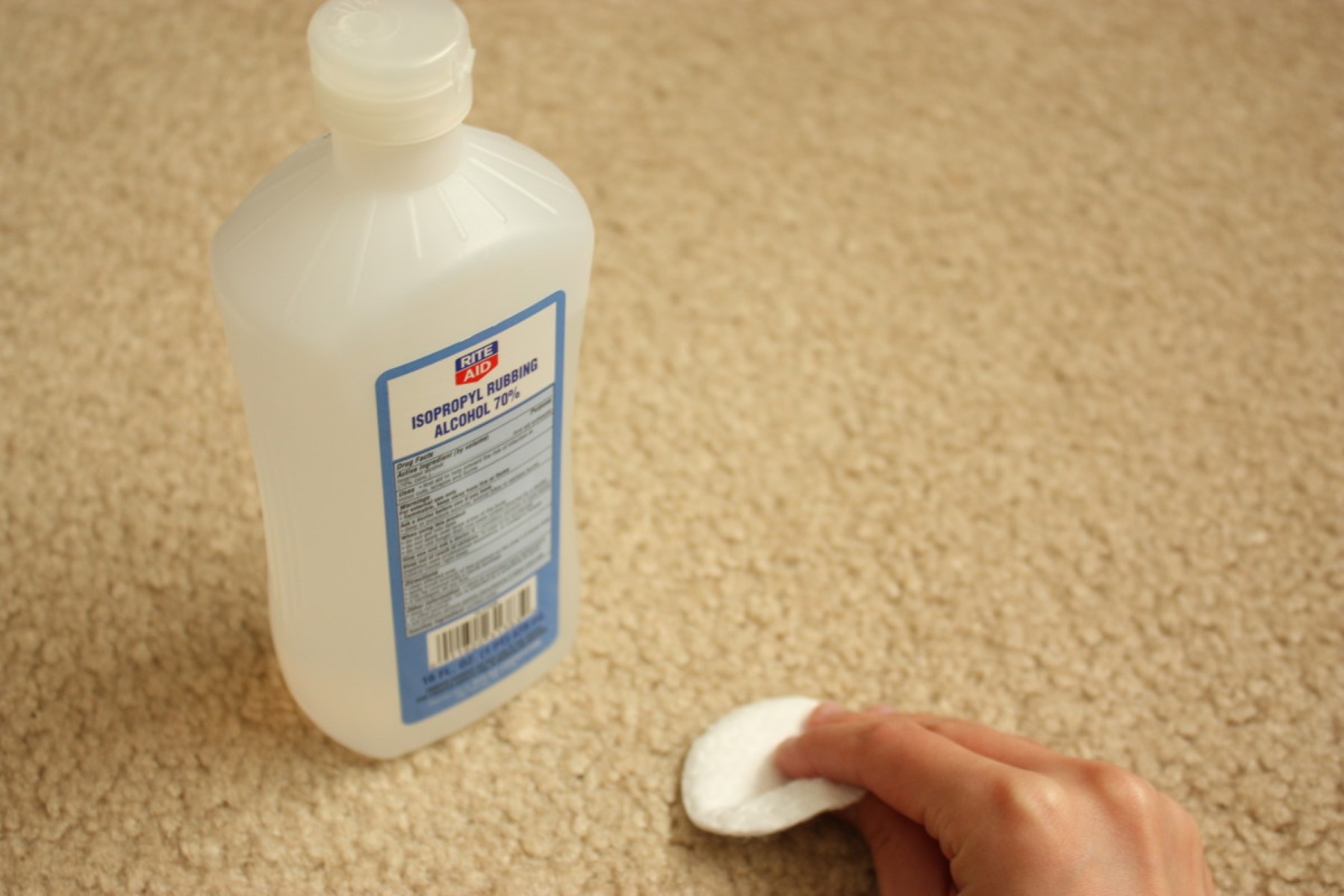
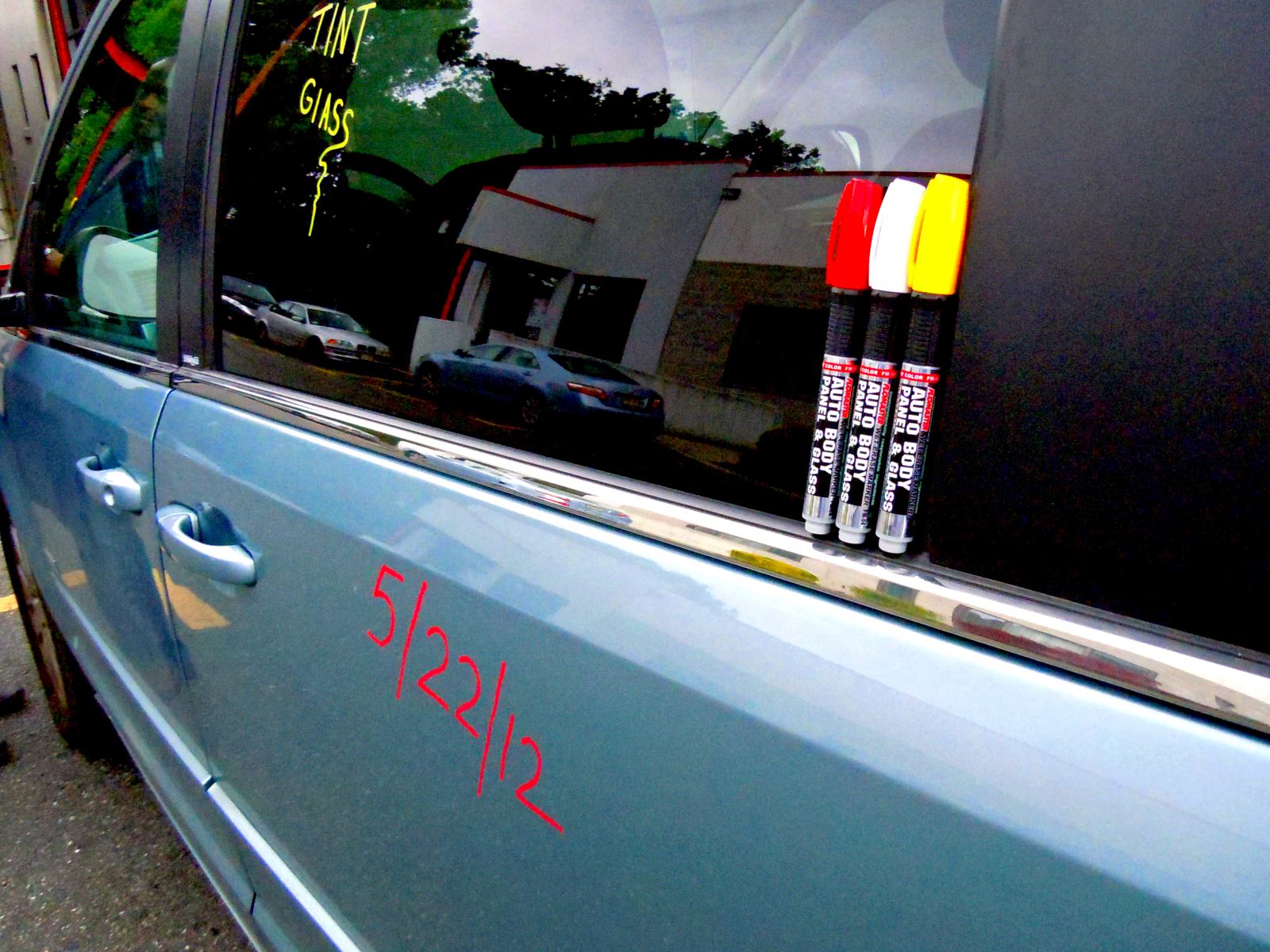
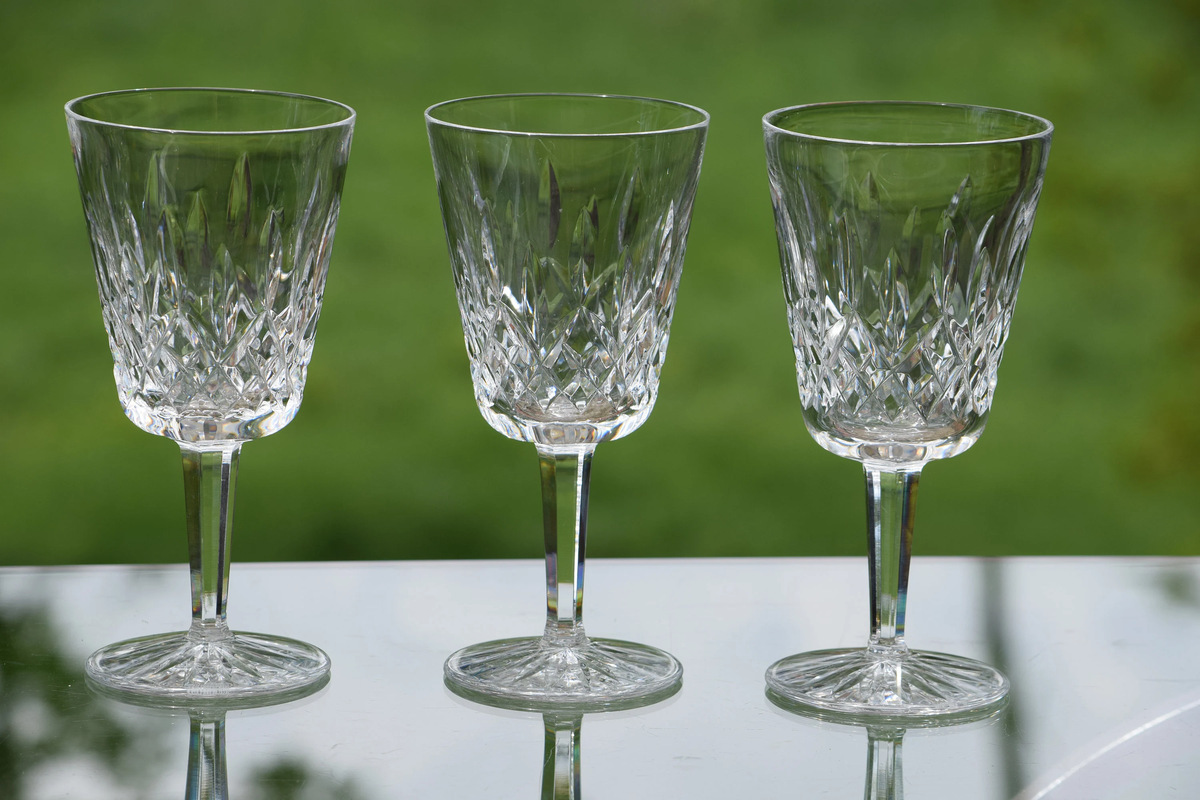
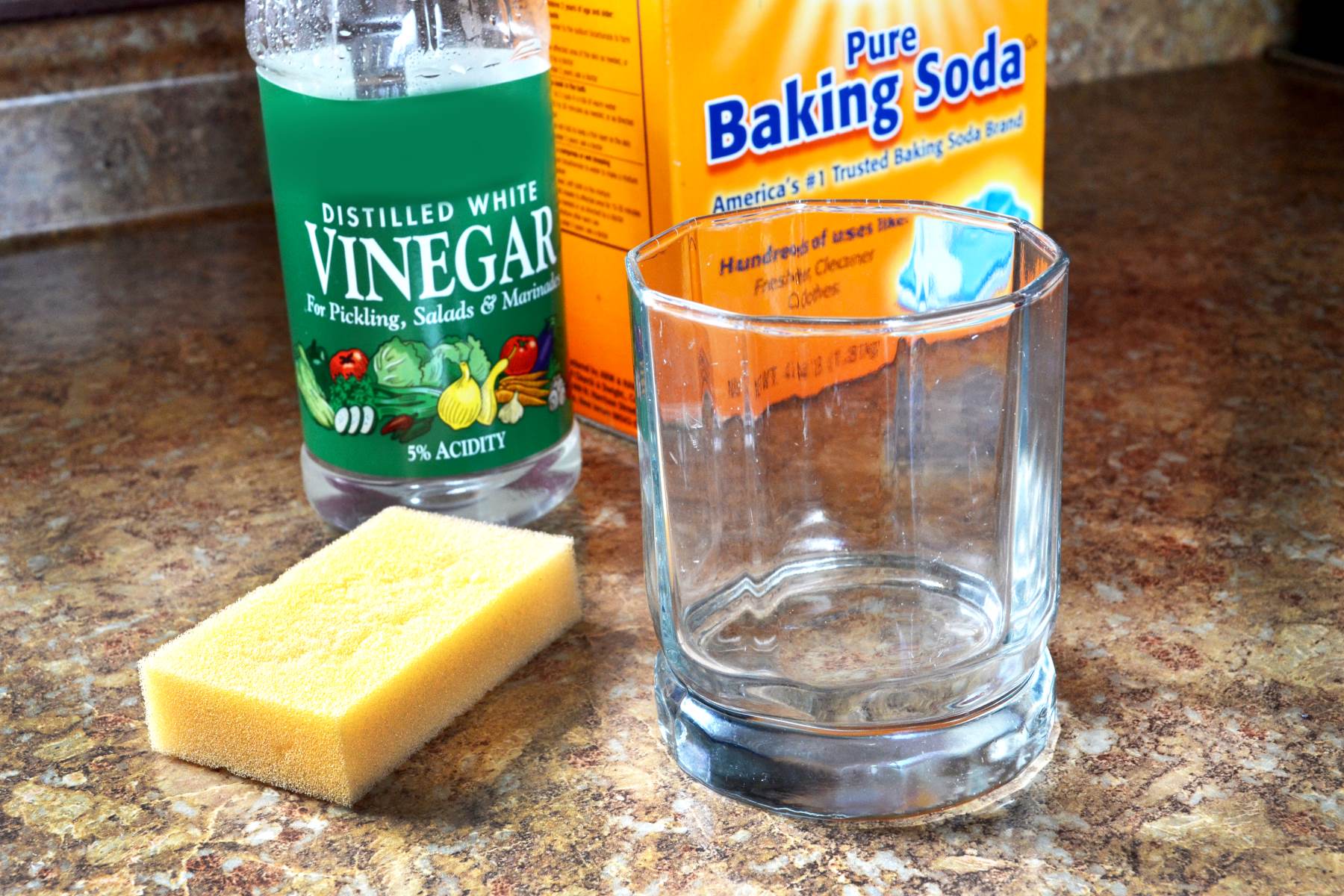
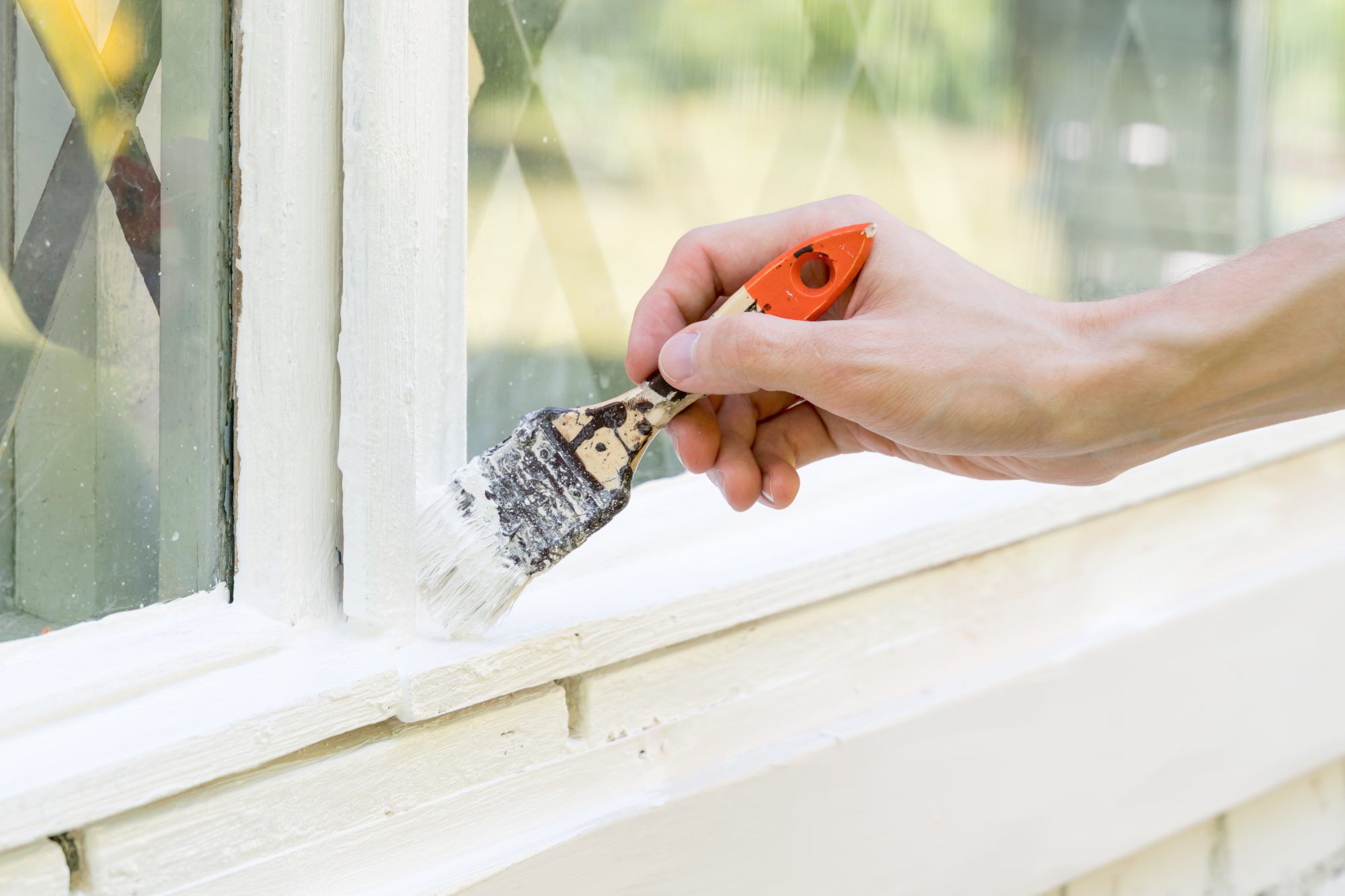
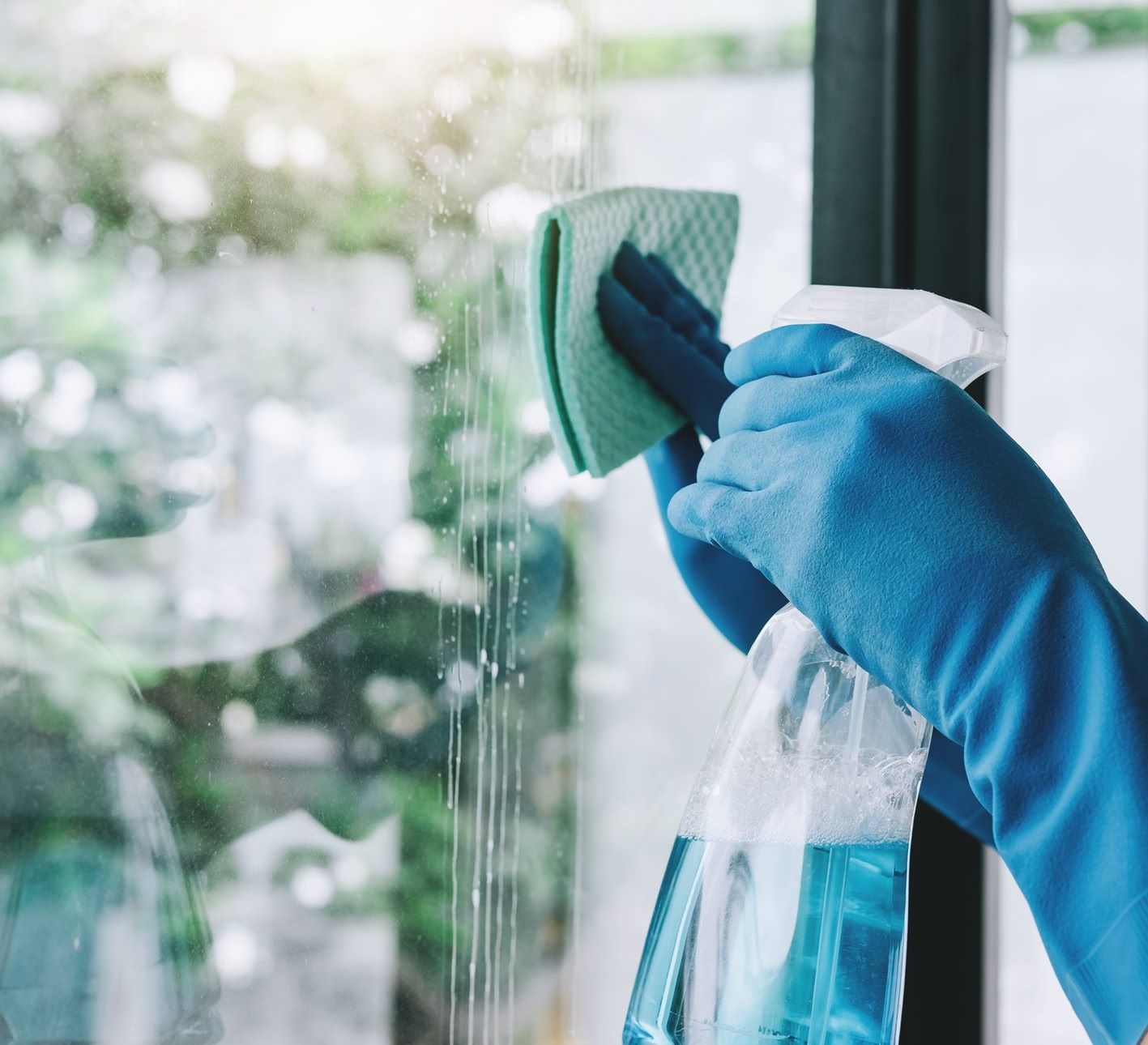
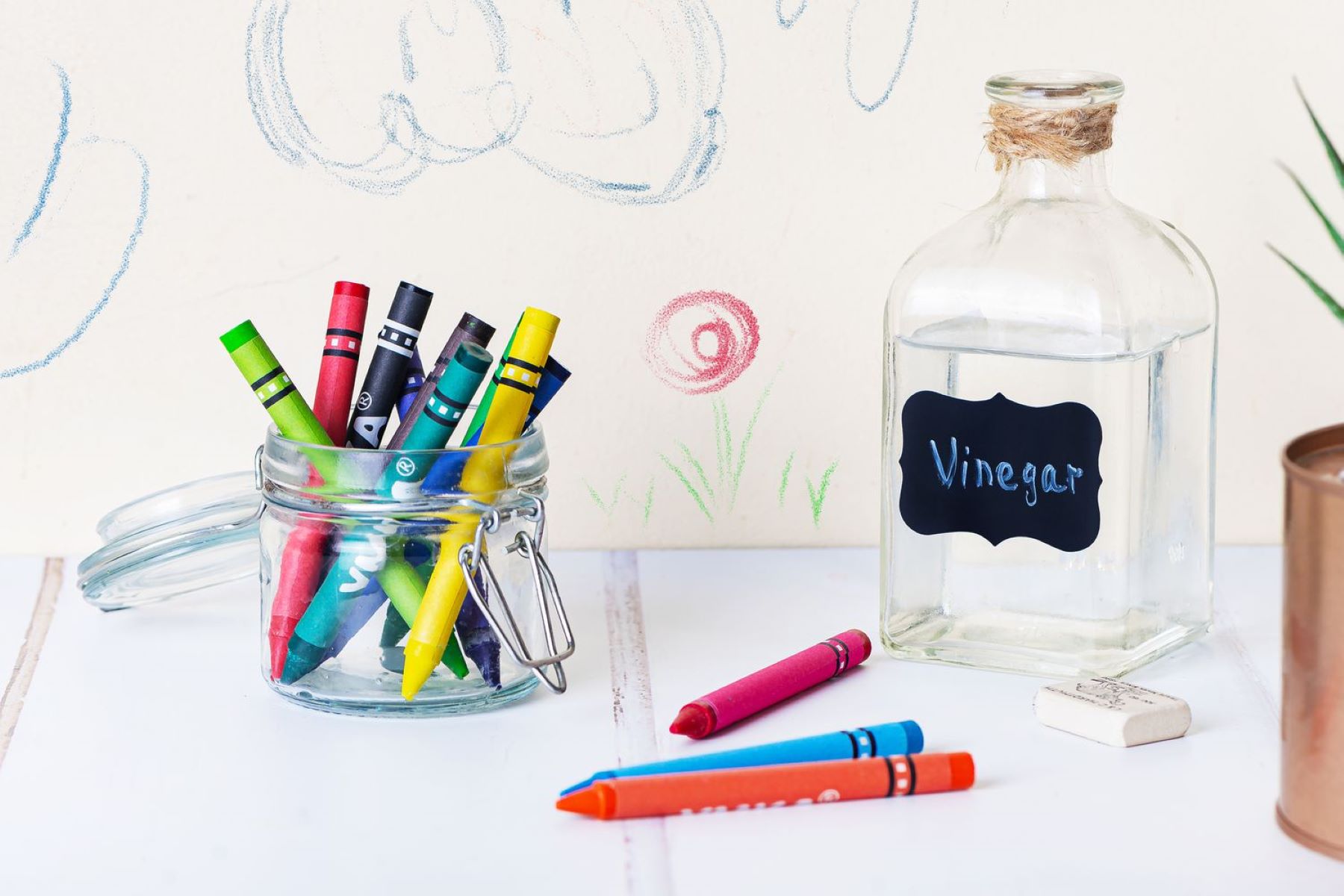

0 thoughts on “How Do You Get The Foggy Film Off Your Crystal Glasses?”